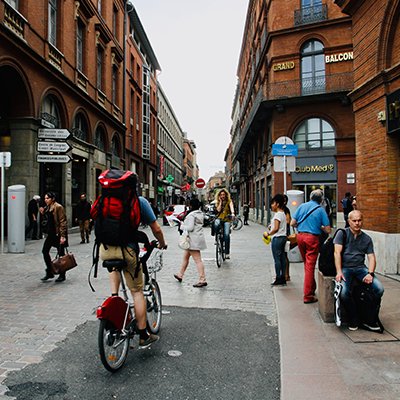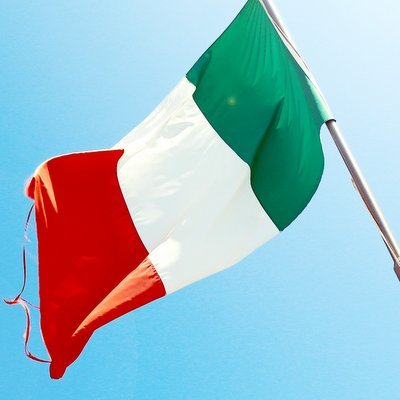Ramadhan is the holiest month of the year in the Muslim calendar. It is the month where Muslims from all over the world observe fasting: the abstaining of food and water from dawn till dusk. However, it is not only food and water we abstain from this month. We look to better ourselves this month by being more conscious of the things we say and do. Personally, it’s less swearing, no watching dodgy videos on YouTube, be less involved in gossip sessions and do more good.
Essentially, fasting during the holy month of Ramadhan is for Muslims around the world to be aware of the hardship many of our fellow Muslim brothers and sisters face during the rest of the year. Many of them live in war torn countries with barely anything to eat. The breaking of fast is also a reminder of how blessed we are to have something to quench our thirst and fill our stomachs with at the end of the day, because many others are not so fortunate.
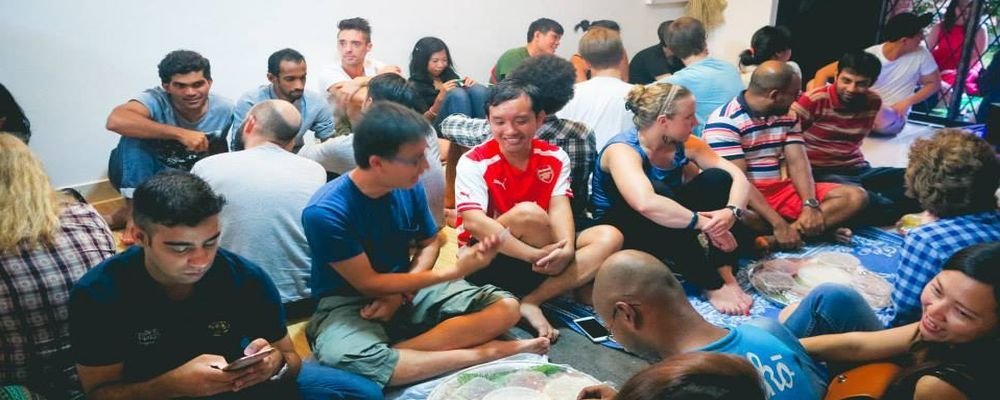
For as long as I remember, things fall into routine every day during Ramadhan. The morning began with Dad dragging me out of bed at 5 for sahur, our first and only meal of the day till sunset. Food varies everyday – from regular toasts, eggs and cereals to last night’s leftovers, and occasionally porridge regularly distributed for free at the mosques. Those are my favourite, and the easiest for me to digest.
Iftar was the occasion everyone looked forward to every day. It is when we break our fast after a full day of not being able to eat or drink. Some do it simply with dates and warm water, before performing the obligatory prayers and coming back to the dining table for a feast. My family will break our fast with delicious home cooked meal Mum has prepared for the evening. Alternatively, we’d choose to break fast in the restaurants with friends, or occasionally be invited to gather at a friend’s house for a meal.
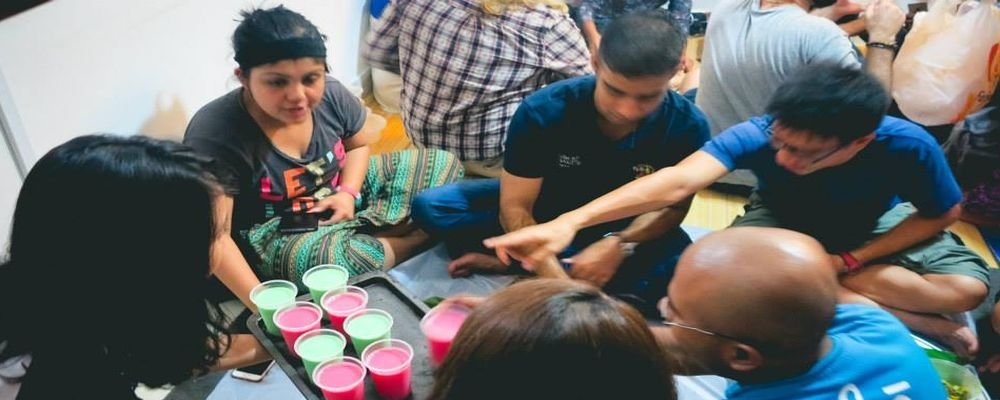
It is always a vibrant affair when a bunch of friends gather for iftar. Preparations begin hours before the actual break fast time, with people coming together preparing the food and drinks. It is open to all, regardless of race or religion, and it’s fun when your non-Muslim friends make an effort to join you in your fast in order to reap the enjoyment of breaking their fasts later.
I’ve attended an iftar session where a whole group of people from varying background, cultures and countries came together to eat Nasi Ambeng. It is a mountain of rice and a mix of Malay dishes served in a large tray for 4-6 people to share. It was an eye opening and exciting affair, seeing who can tolerate spicy food, who dislikes vegetables, and which group can wipe clean the entire tray of food first.
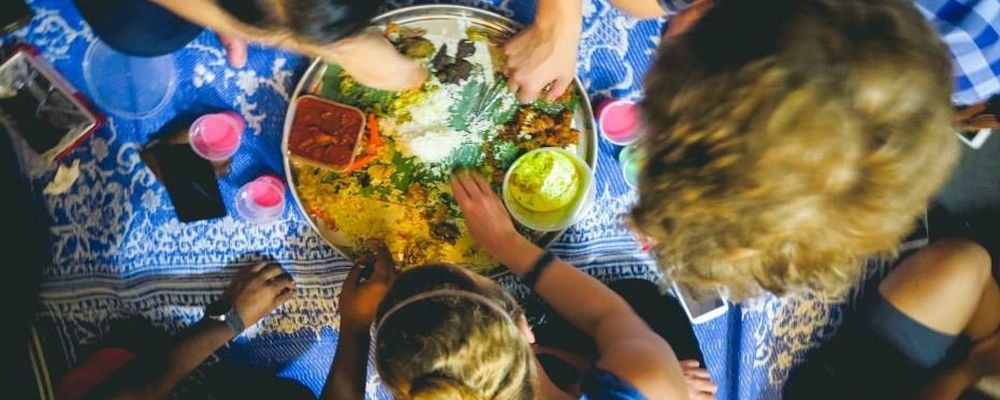
Iftar gatherings during Ramadhan can also be an excuse to meet friends who you wouldn’t normally see during the rest of the year. A group of friends from school and I make it a point to meet at least once every year to catch up on what each other is doing face to face instead of being informed over their Facebook or Instagram feed.
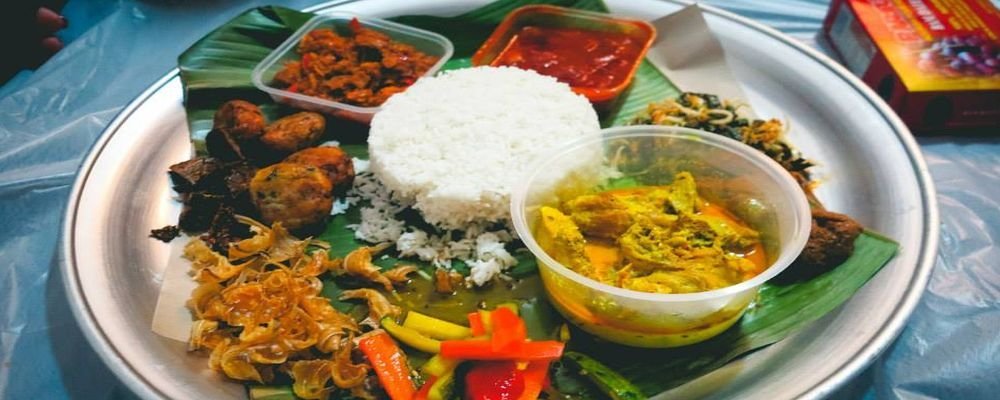
Having spent a bulk of my Ramadhan the previous year in Doha, enjoying the Biryani feasts, five-course Ramadhan specials and a generous slice of kunafah (sweet, indulgent pastry made with cheese and sugar) after prayers, I am looking forward to home cooked meals with my family, and trips to the yearly bazaar at Geylang where friends and I enjoy sinfully good deep fried street food you cannot find anywhere else in the world.
Nur Intan Syafinaz lives out of her suitcase and tells her stories at Syfnz Says during her spare time.




